The Expressed Powers (also known as Enumerated Powers) are rights given to Congress to conduct governmental duties. Most of these powers are found in Article 1 Section 8 of the United States Constitution. The Tenth Amendment limits the powers of Congress to those expressed in the Constitution, so these powers (also known as Clauses) are important to the way our Congress functions.
Right To Tax
The government has the right to set taxes. These taxes will then pay for government services such as the salaries of governing peoples (the president, Congress, federal judges, etc.), Social Security, the post office, Medicare and Medicaid, food stamps, and other aid programs.
Aside from paying for government services, these taxes can also serve other functions such as regulating commerce.
For example, tariffs will sometimes be put in place to encourage people or businesses to purchase goods within the country. These tariffs are charged on any goods that are imported into the United States.
Right To Borrow Money
The national deficit is frequently referenced in conversations around politics. That’s because the United States has the right to borrow money.

Until 1917, every single transaction that required borrowing money had to be approved by Congress. Because this created a legislative nightmare, Congress instead created a debt ceiling. The United States cannot exceed this borrowing amount without Congress increasing the debt ceiling.
Right To Set Naturalization Standards
The government has the right to decide what constitutes a naturalized resident of the United States. Because citizenship is a right instead of a privilege, anyone born within one of the fifty states, a United States military base, or one of the American territories (typically with the exception of American Samoa) automatically becomes a citizen.
The current standard set by the government to become naturalized is that the person has to become a permanent resident and has to meet the minimum residency requirement (typically about five years).
Right To Create and Maintain a Military
The United States has the right to a federal military. They can acquire troops, train them, and send them out to war.

Get Smarter on US News, History, and the Constitution
Join the thousands of fellow patriots who rely on our 5-minute newsletter to stay informed on the key events and trends that shaped our nation's past and continue to shape its present.

If a soldier commits a crime, the government also has the right to conduct a military trial instead of a public jury trial.
The United States also can declare war in the first place. Because there is not a specified process to declare war in the Constitution, there is some debate over how many wars have been declared by Congress.
Right To Coin Money
All of our money is created by the government. The Federal Reserve is in charge of deciding how much legal tender should circulate in the country at any one time.
If someone other than the government creates money, this is considered counterfeit money and is punishable by law.
Right To Establish a Post Office
The Federal Post Office can create state Post Office locations and designate postal routes. This is how mail is largely delivered throughout our country. The government can also decide what is and is not considered mailable and what is considered an abuse of the mailing system.
Right To Regulate Commerce
The federal government has the right to regulate commerce between states, other countries, and indigenous tribes. These aspects of the right are often separated into three different classifications: the Foreign Commerce Clause, the Interstate Commerce Clause, and the Indian Commerce Clause.
There are, of course, disputes over what constitutes ‘commerce’ and how much influence a national government should have over intrastate commerce.
Right To Grant Patents and Copyrights
If someone wants to protect their intellectual property or product, they must petition the government for a patent or copyright. The length of patent and copyright protection is also dictated by the government and can be extended or shortened.
If someone wishes to trademark something, this power typically falls under the commerce instead of the copyright clause.
Right To Pass Laws To Carry Out These Duties
And, of course, the United States government has the right to pass laws that allow them to carry out any of the above actions.
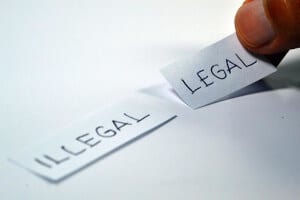
Before the United States Constitution was ratified, the previous governing document, the Articles of Confederation, did not have this power included.
Since the Tenth Amendment explicitly states that Congress can only act within the powers granted to it through the Constitution, the ability of the government to carry out its duties would be decided by the states instead.
Implied Powers
Because of the previous clause, Congress has been able to enact laws not explicitly within its expressed powers. Such examples of implied powers are things such as:
Gun control
Probably familiar to many, gun control seems like something that wouldn’t be allowed due to the Second Amendment. Still, because Congress has the right to legislate commerce, this has often been the justification for such bills.
Federal minimum wage
First passed in 1938, the same Commerce Clause is used to justify the introduction of a federal minimum wage. These standards change depending on if you’re under a certain age, are a service worker accepting tips, or if you’re working overtime.
Income tax
The right of Congress to determine taxes was used to pass the first income tax law in 1861. While some states do not charge income tax, residents must still pay a federal income tax.
The Military draft
Although not used since the 70s, Congress utilized its right to form a military to create a mandatory draft. While no one has had mandatory service since the Vietnam War, men from 18 to 25 still have to sign off for the draft.
Getting rid of the penny
While this legislation hasn’t passed yet, if Congress did ever decide to get rid of the penny, that would fall under the power for Congress to coin money – even if they’re technically deciding not to coin the penny.
The Necessity of Federal Powers
Without these clauses, our government would not be effective enough to govern our country. As we’ve seen with the Articles of Confederation, while it’s important to give people and states a certain level of autonomy, a federal government with no power would not be able to steer the nation in the right direction.
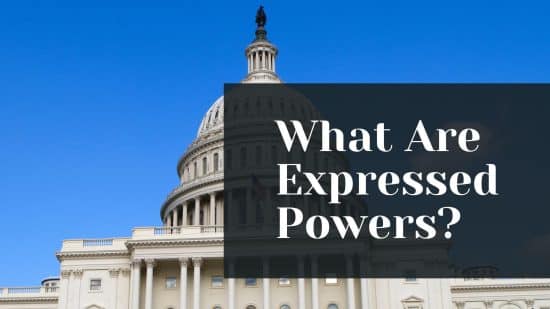

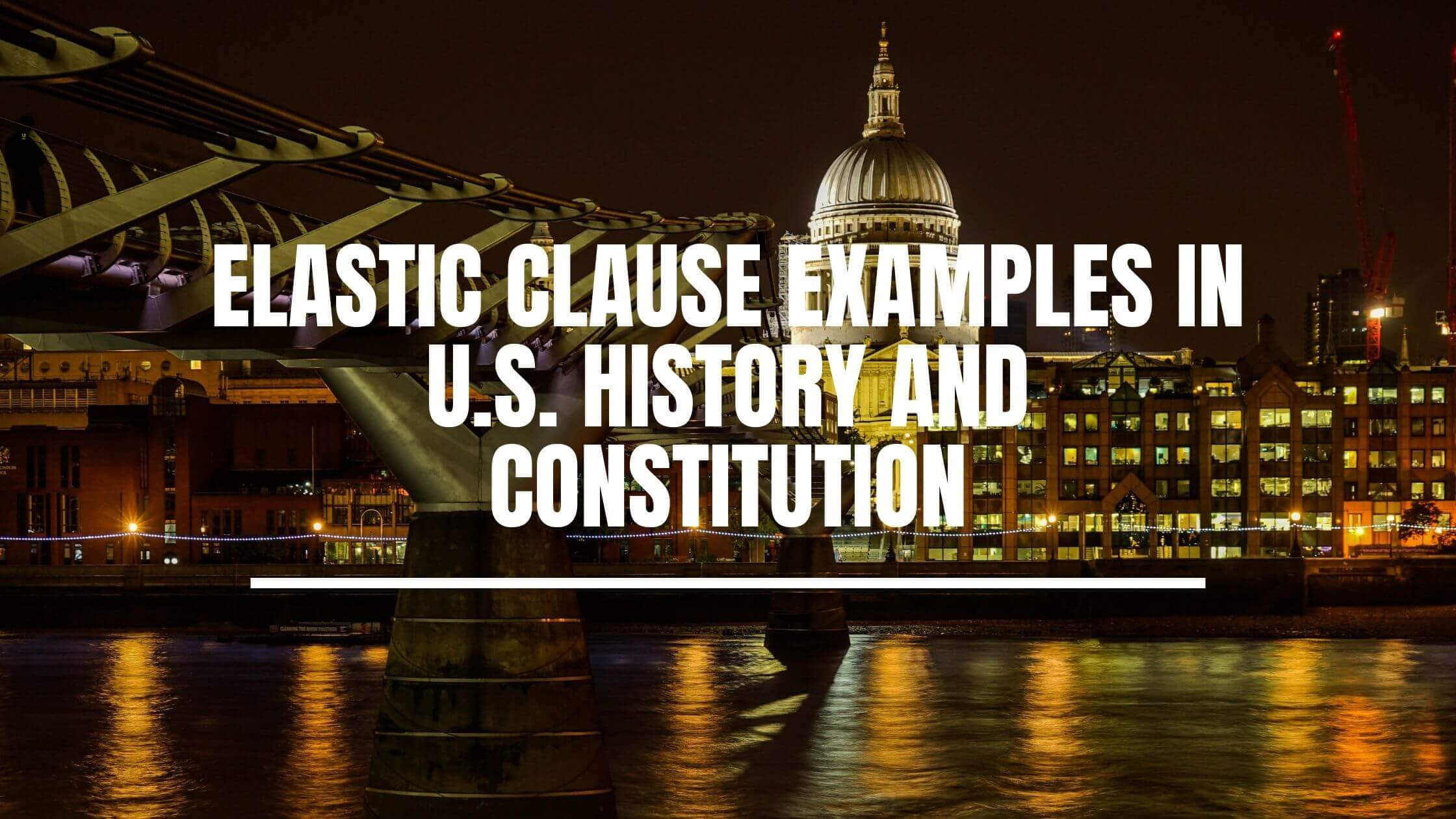
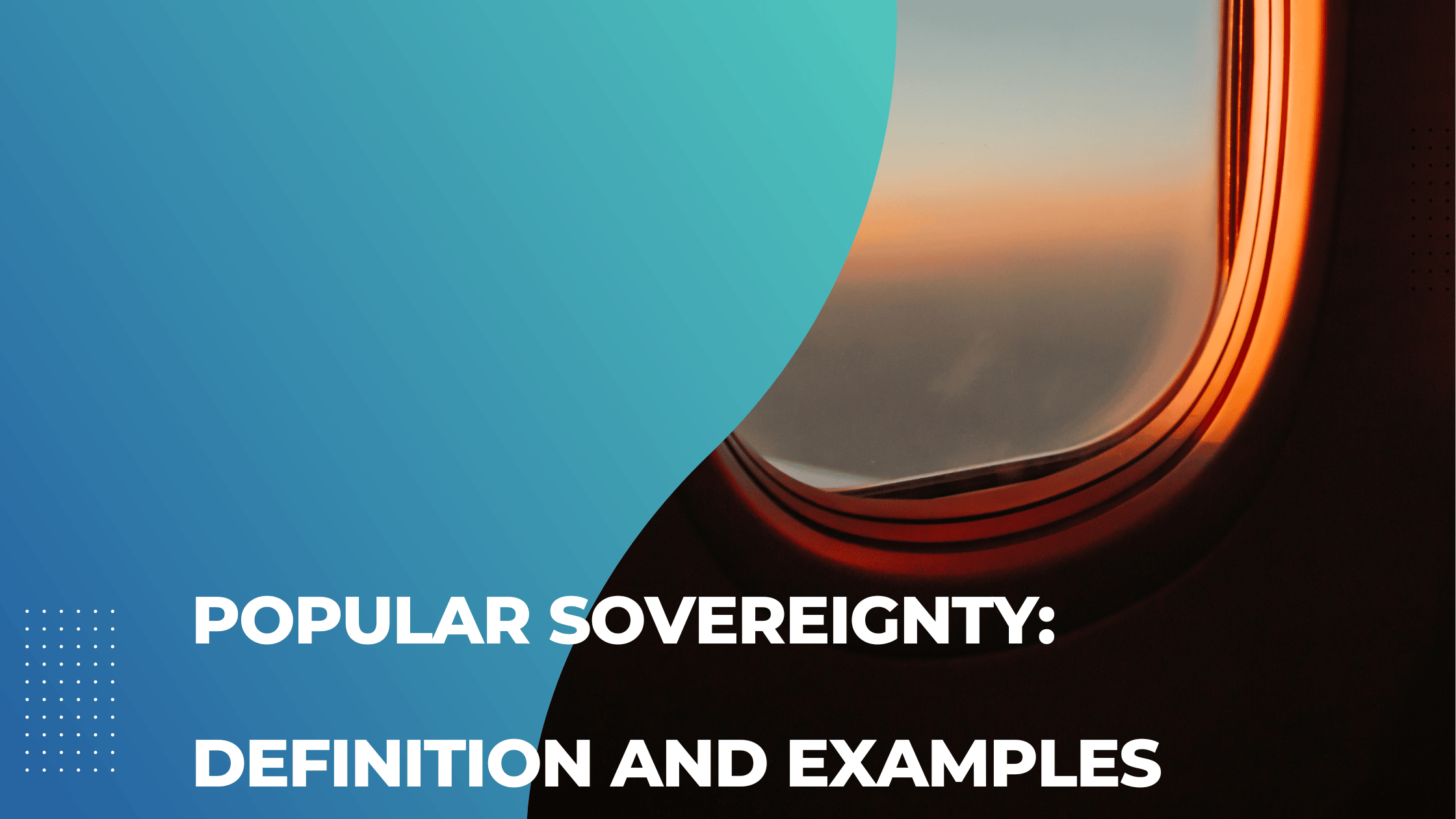
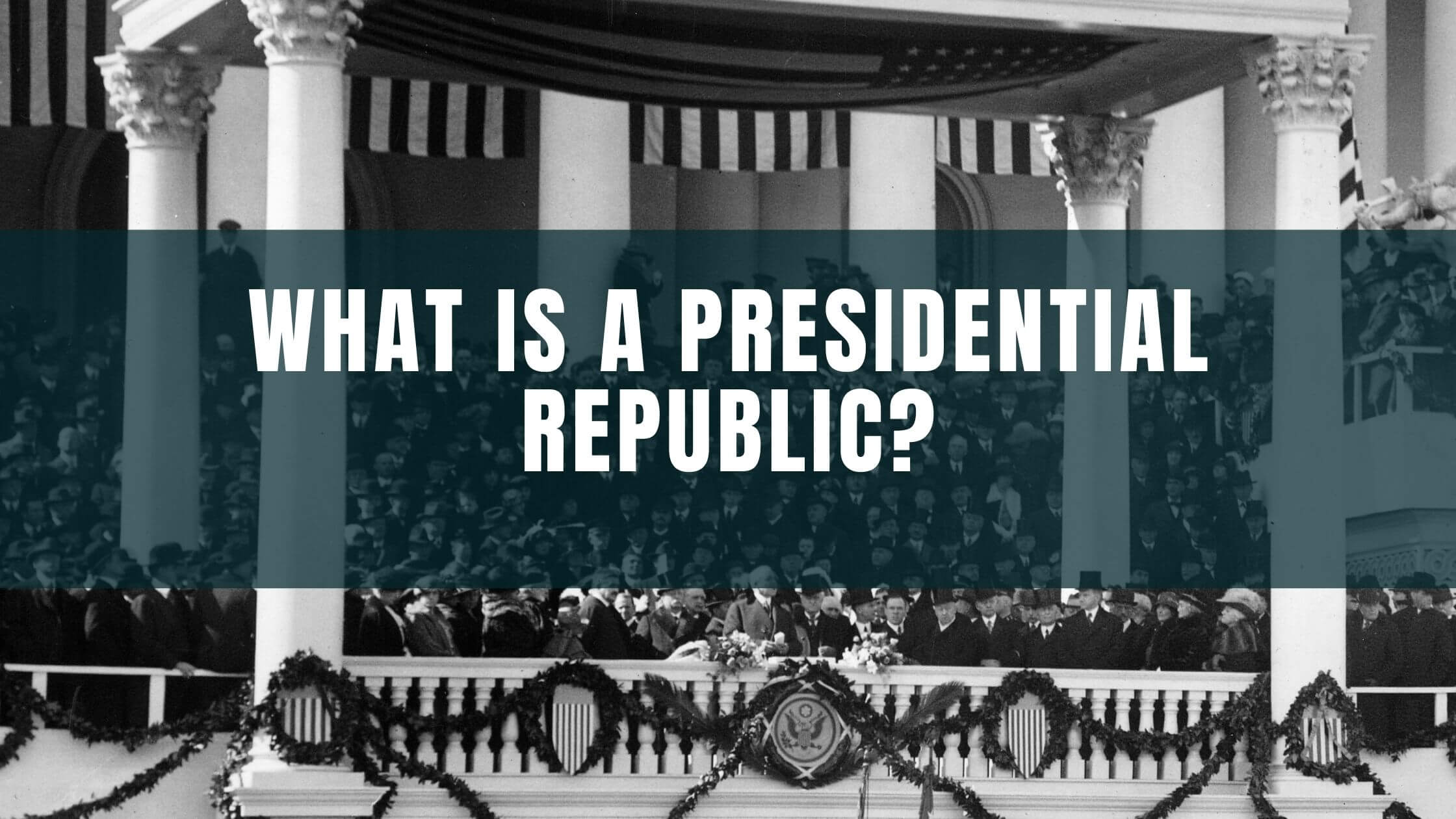
One Response
The federalists, such as Hamilton and Madison, would be appalled by the level of federal powers, notably war making and the commerce of war, and the elected representatives mostly defer to big business/special interest groups w/ agendas. States rights is no longer an issue. The culture is mostly unified; geographical distance is immaterial. It is power away from the people that is horrifying and alienating, while also undemocratic. Your last sentence about “right direction” was weak and shallow.